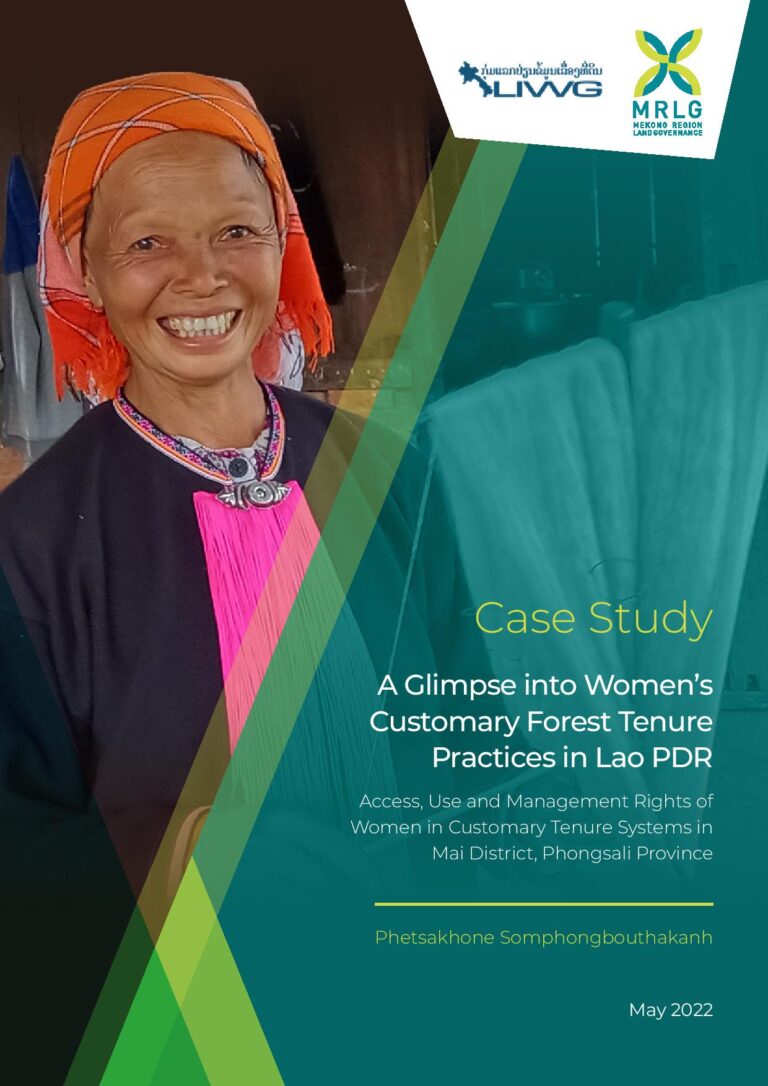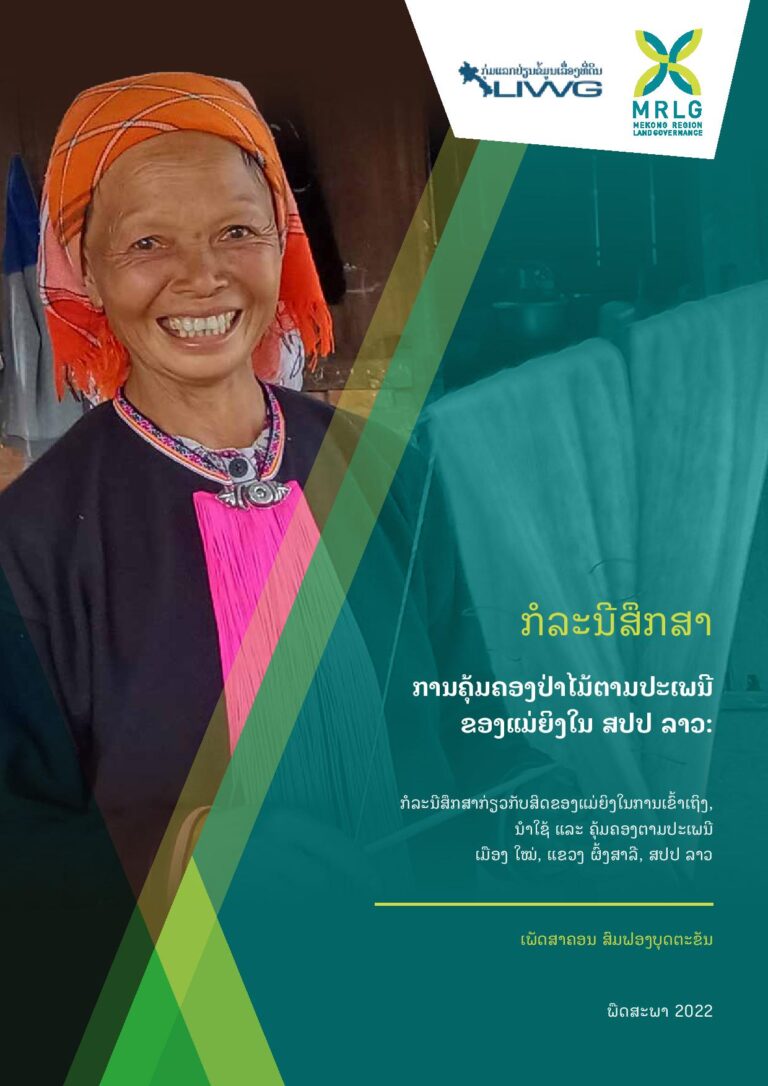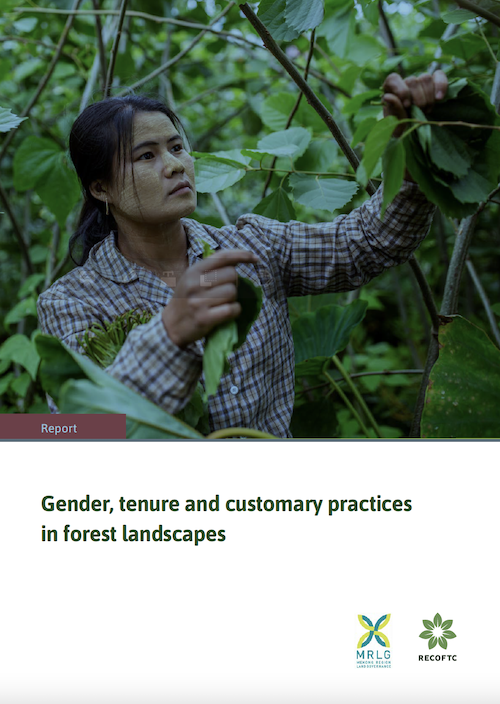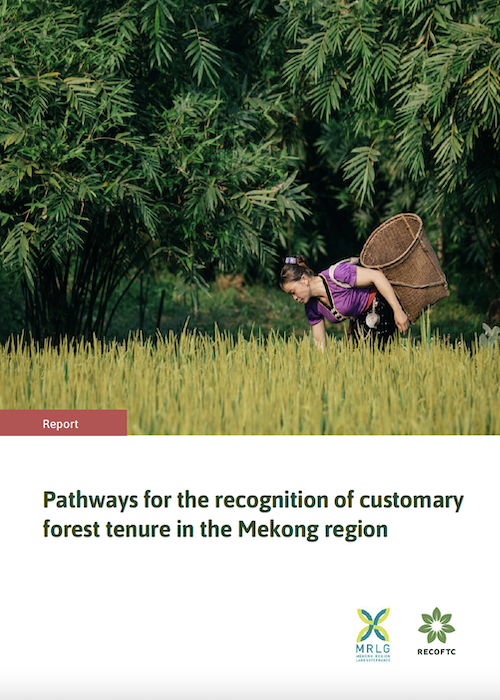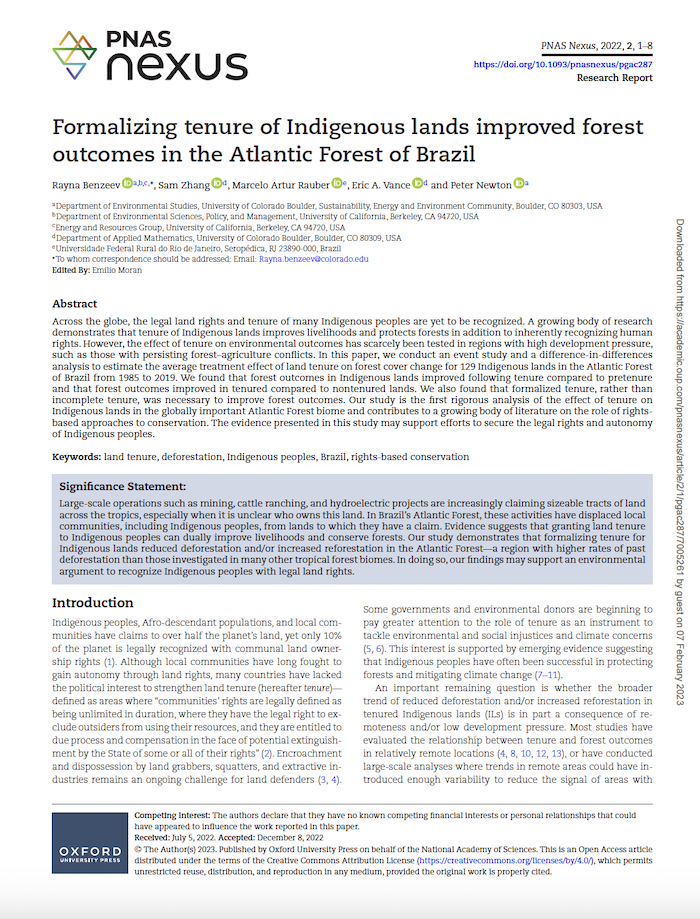«Nous devons tout abandonner » Impact du barrage de Souapiti sur les communautés déplacées en Guinée
Le barrage de Souapiti, qui devrait à terme fournir 450 mégawatts après sa mise en service en septembre 2020, est le projet d’énergie hydraulique le plus avancé parmi plusieurs nouveaux projets planifiés par le gouvernement du président guinéen Alpha Condé. Le gouvernement guinéen estime que l’énergie hydraulique peut accroître considérablement l’accès à l’électricité, dans ce pays où seule une fraction de la population peut y accéder de façon fiable.



